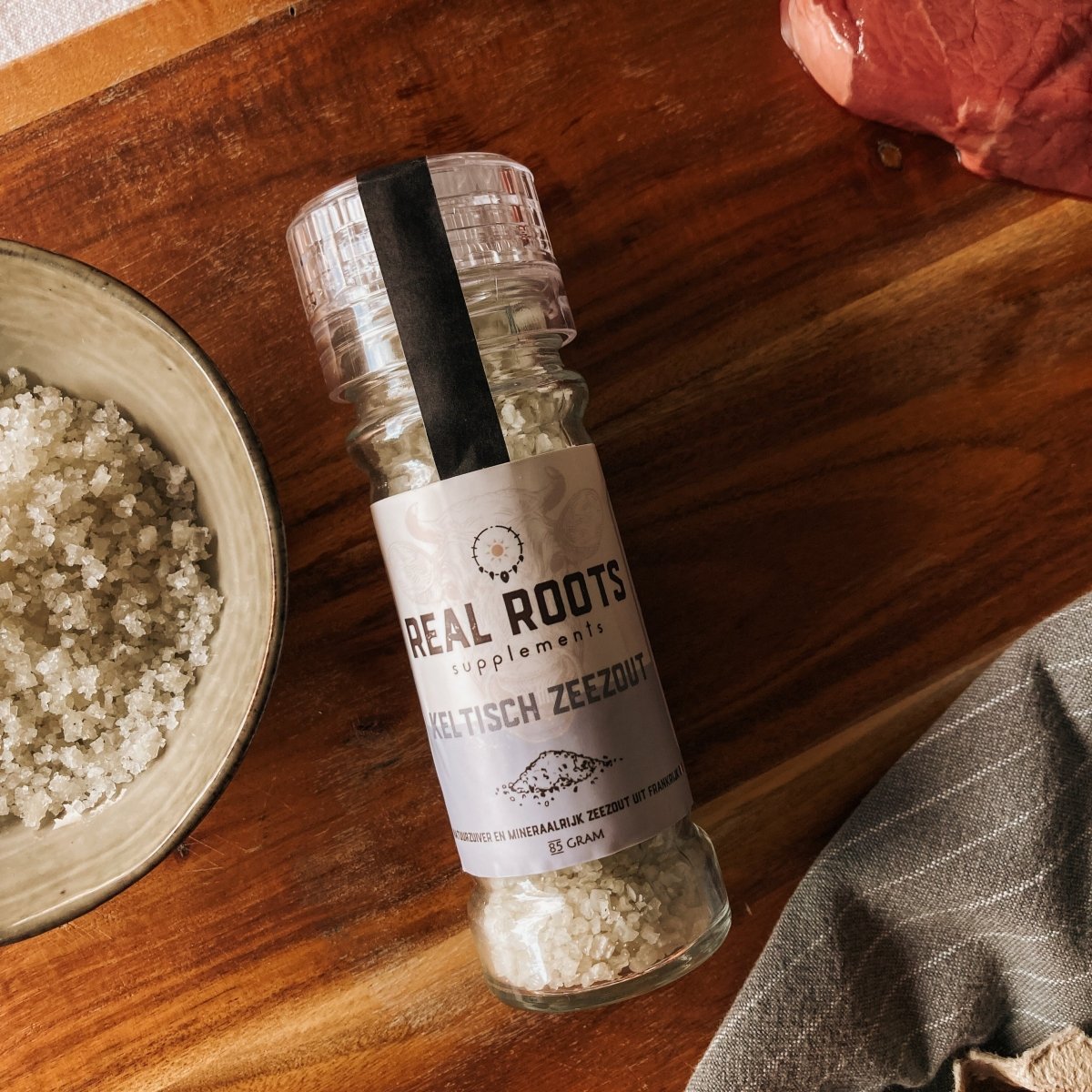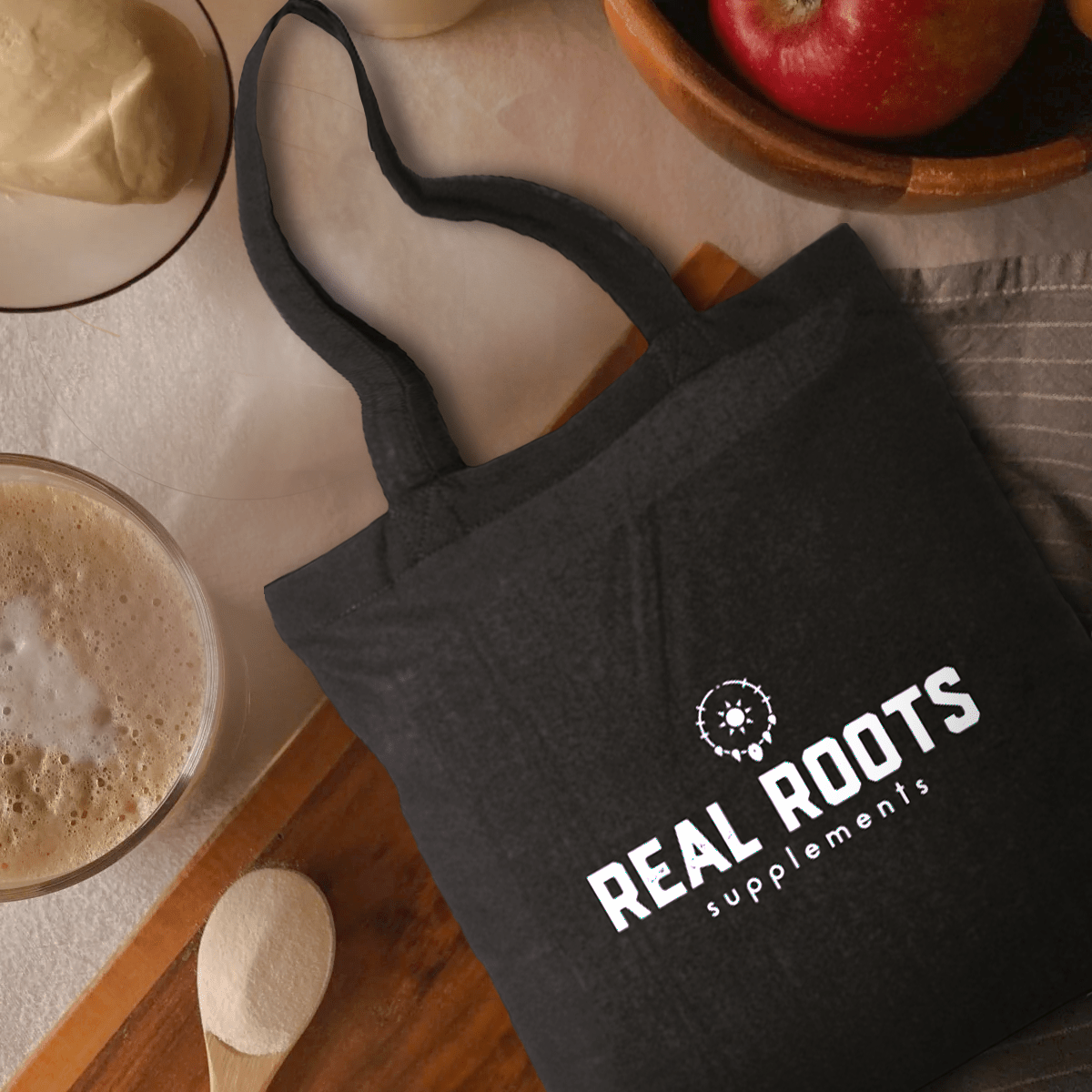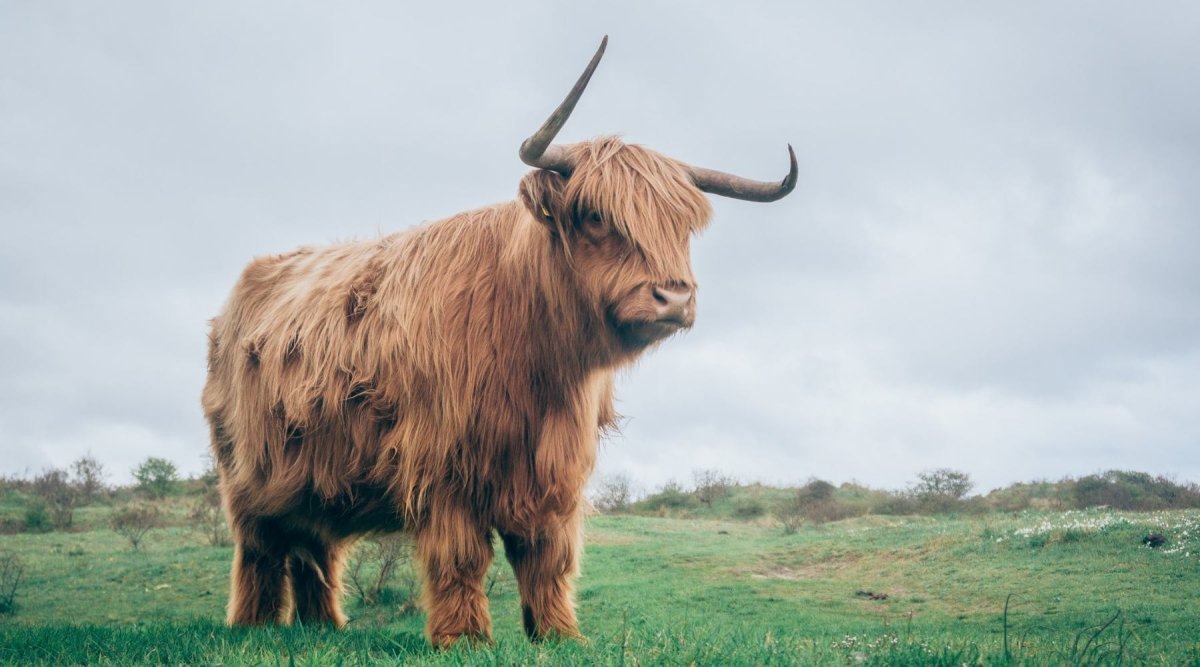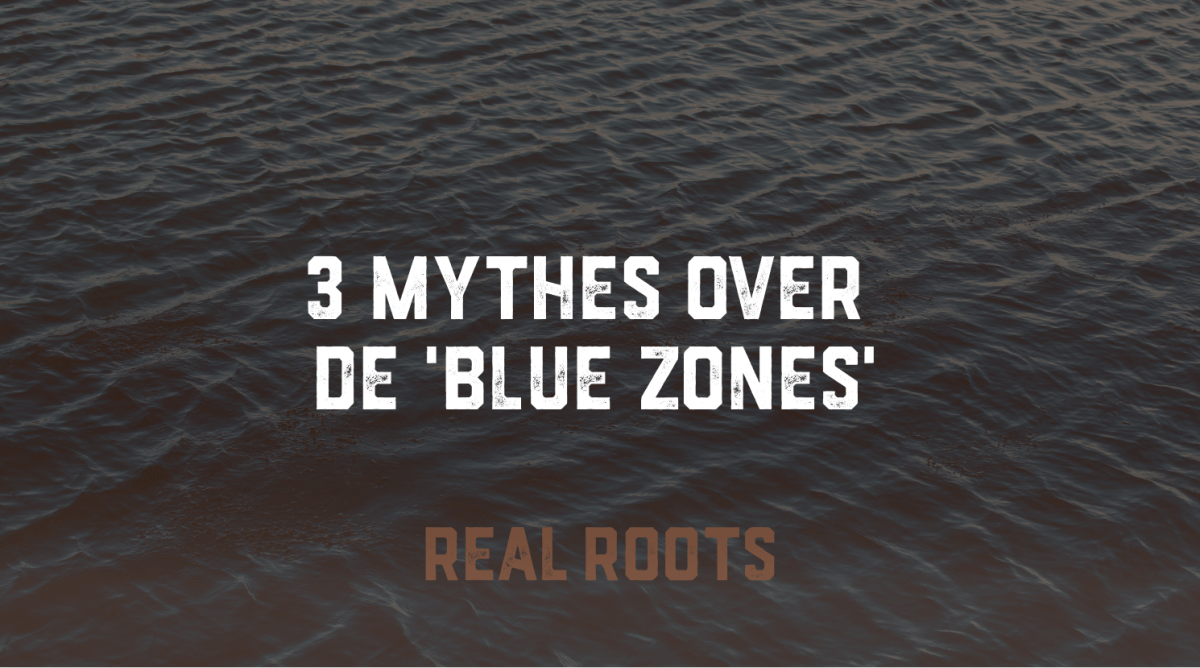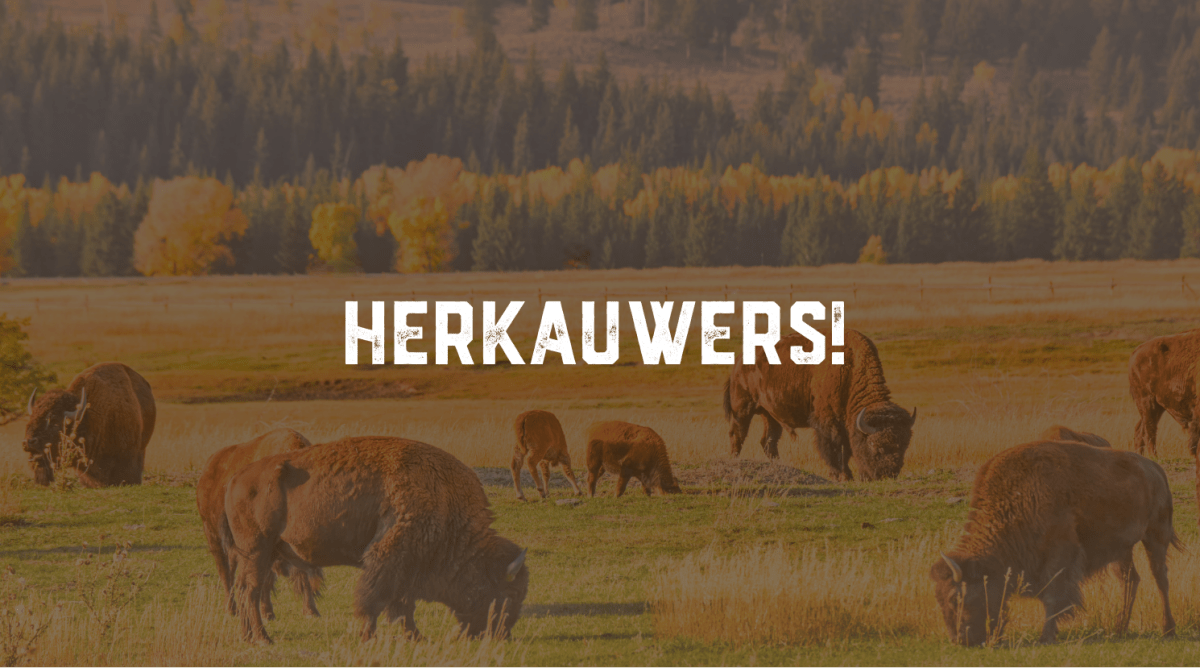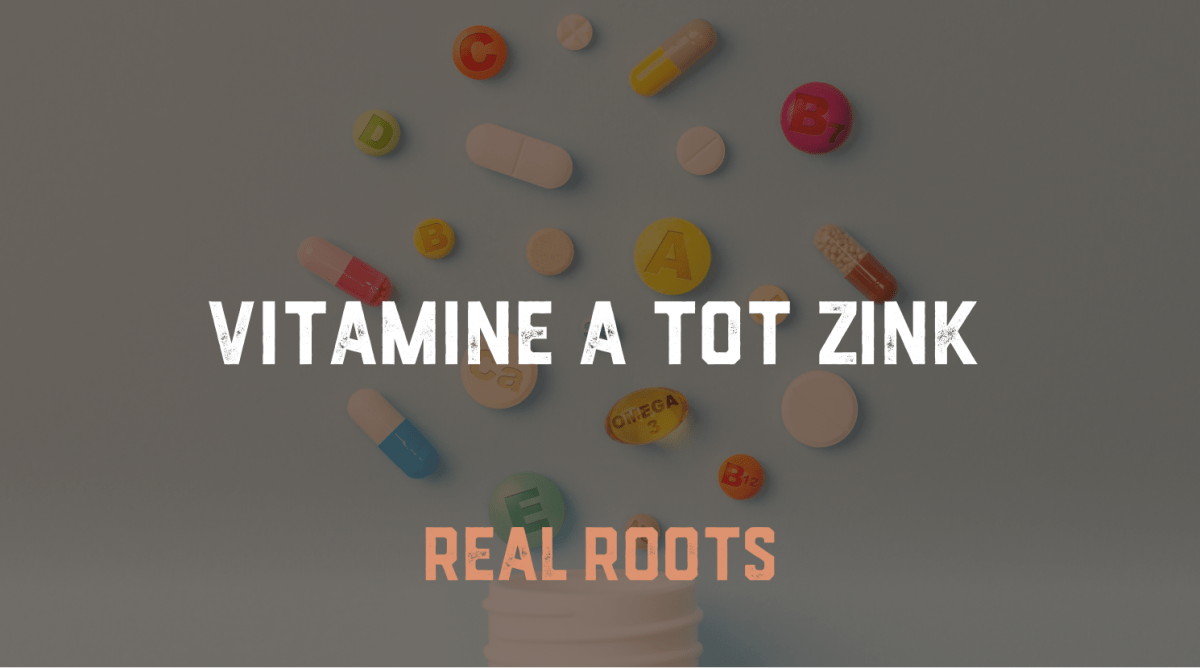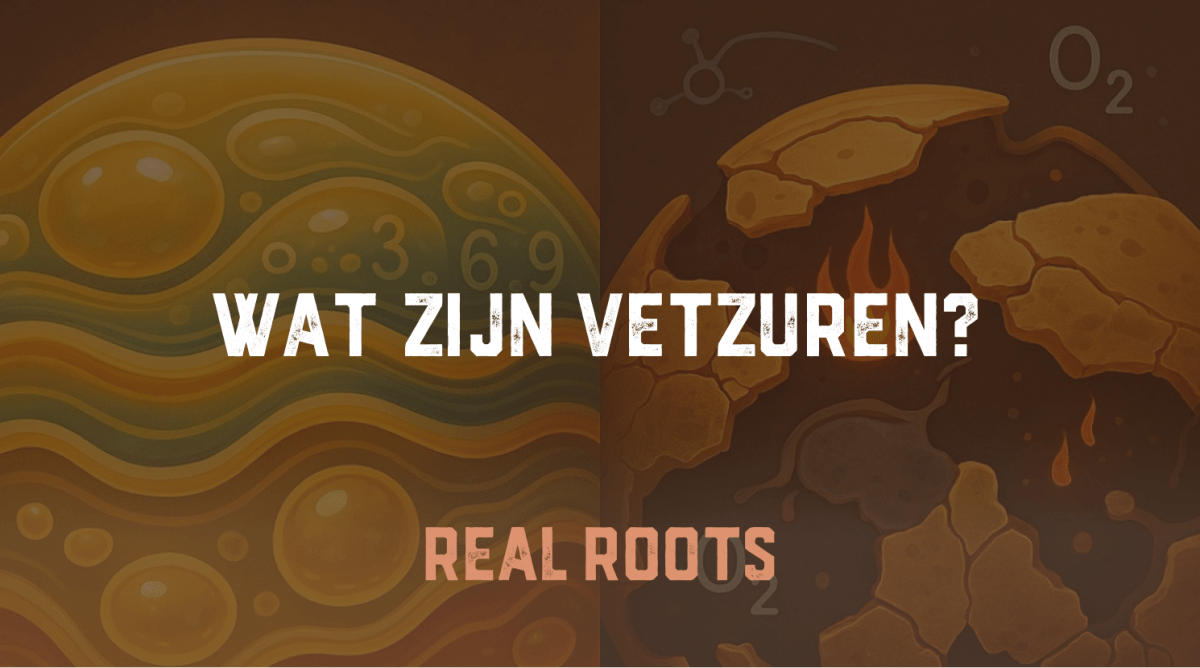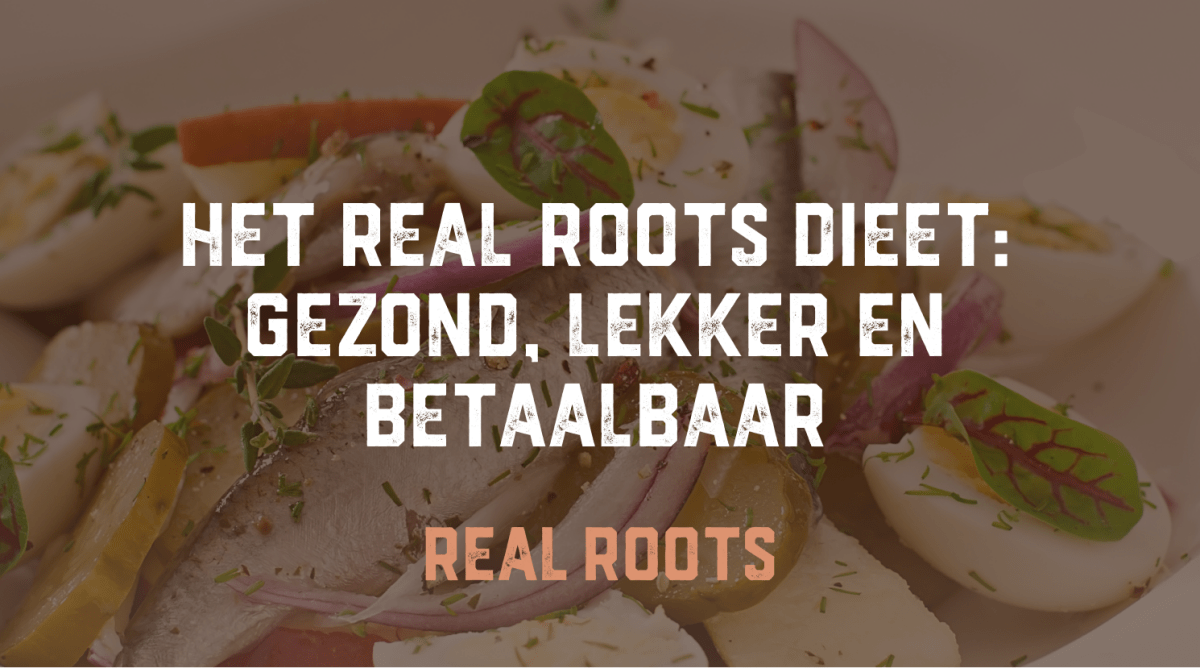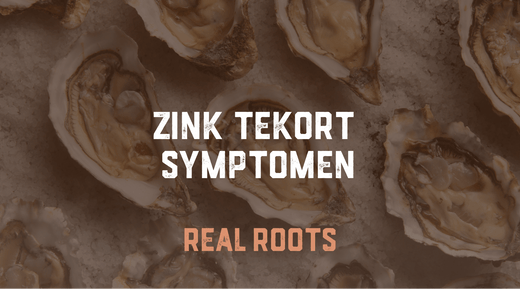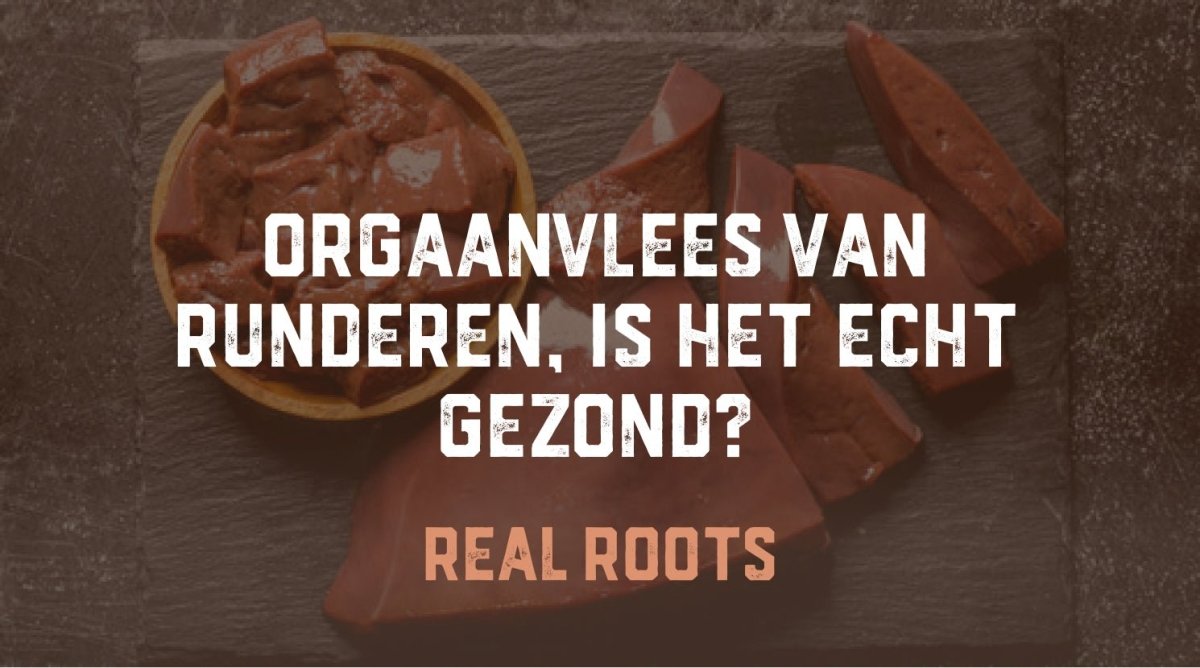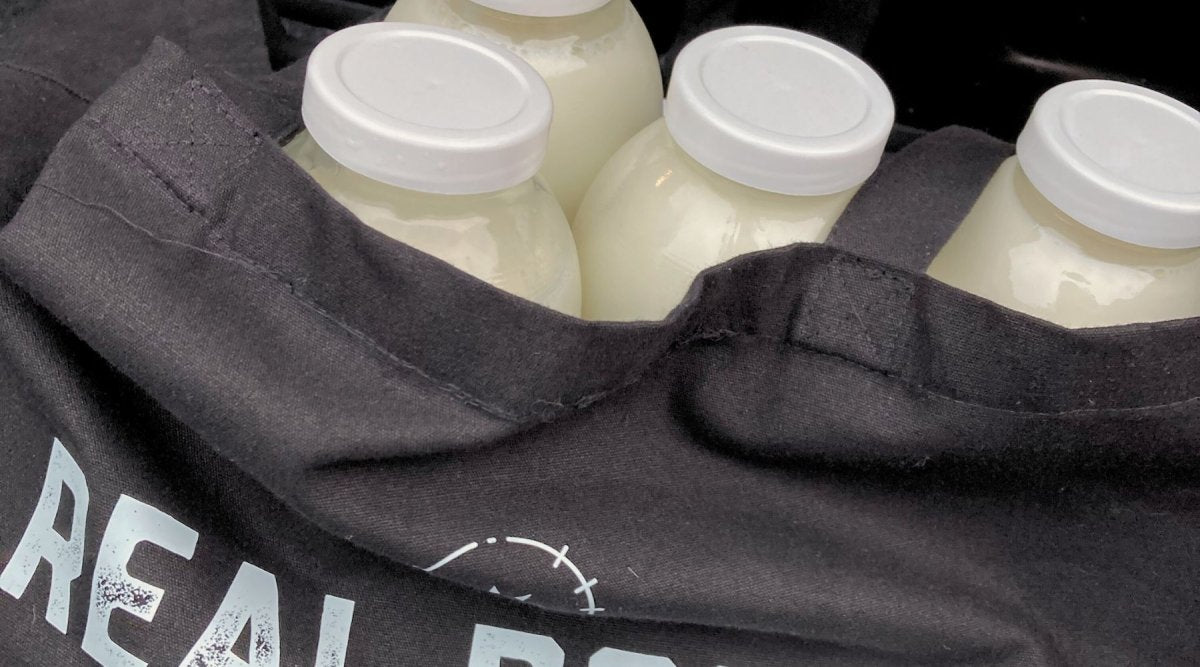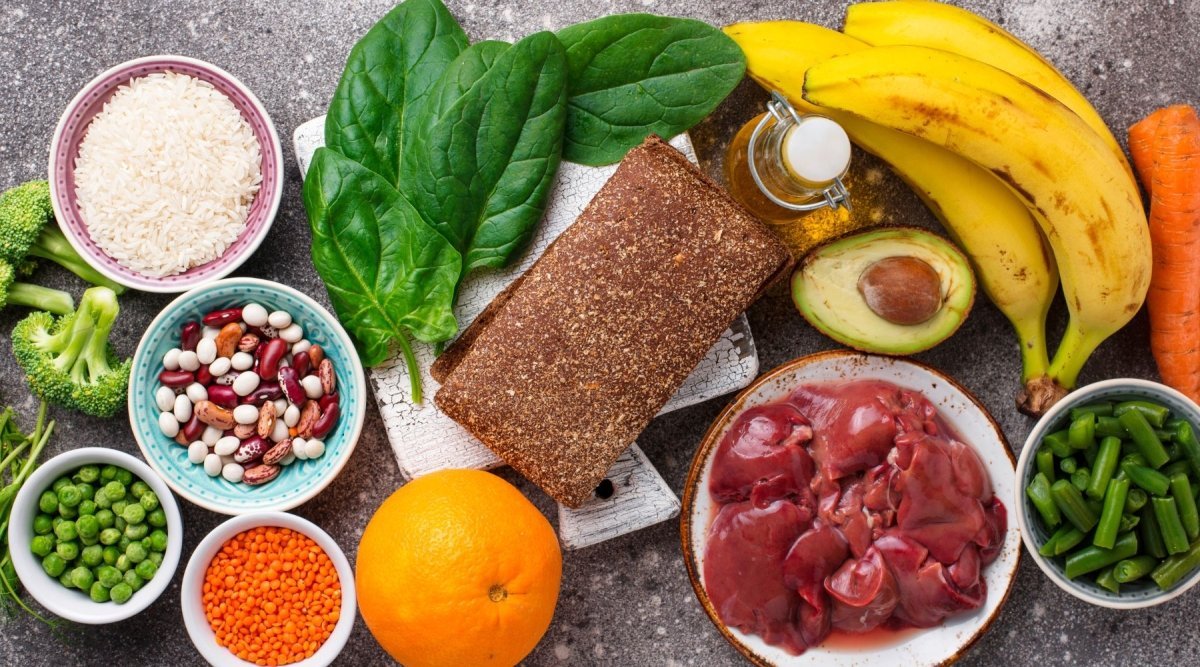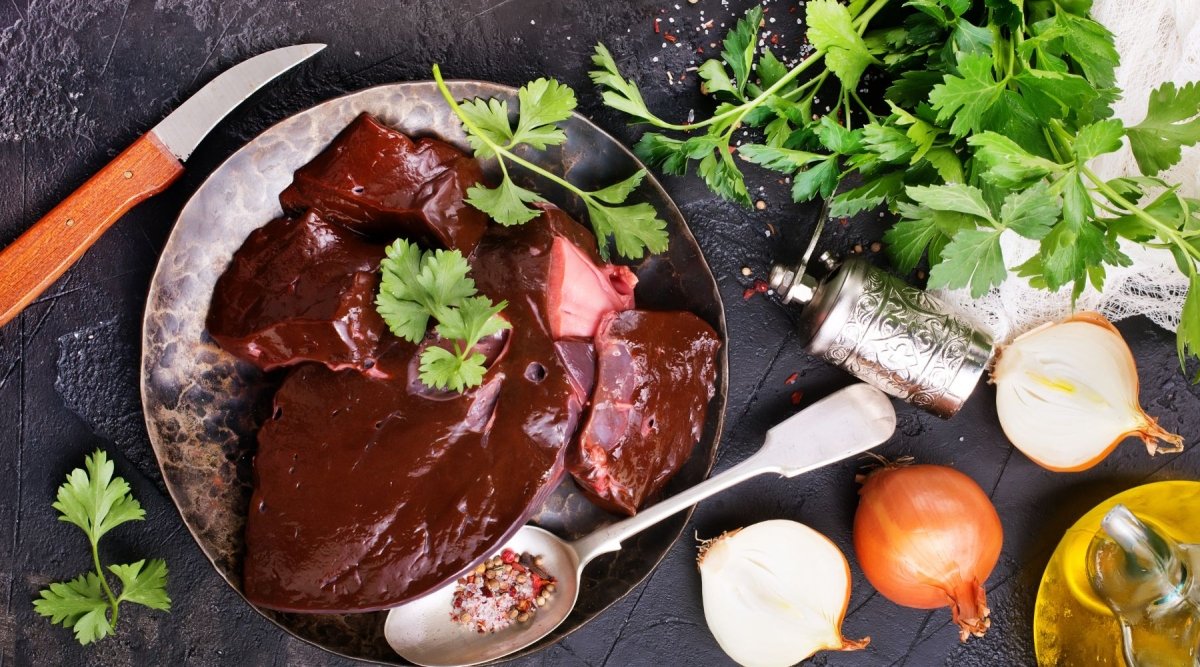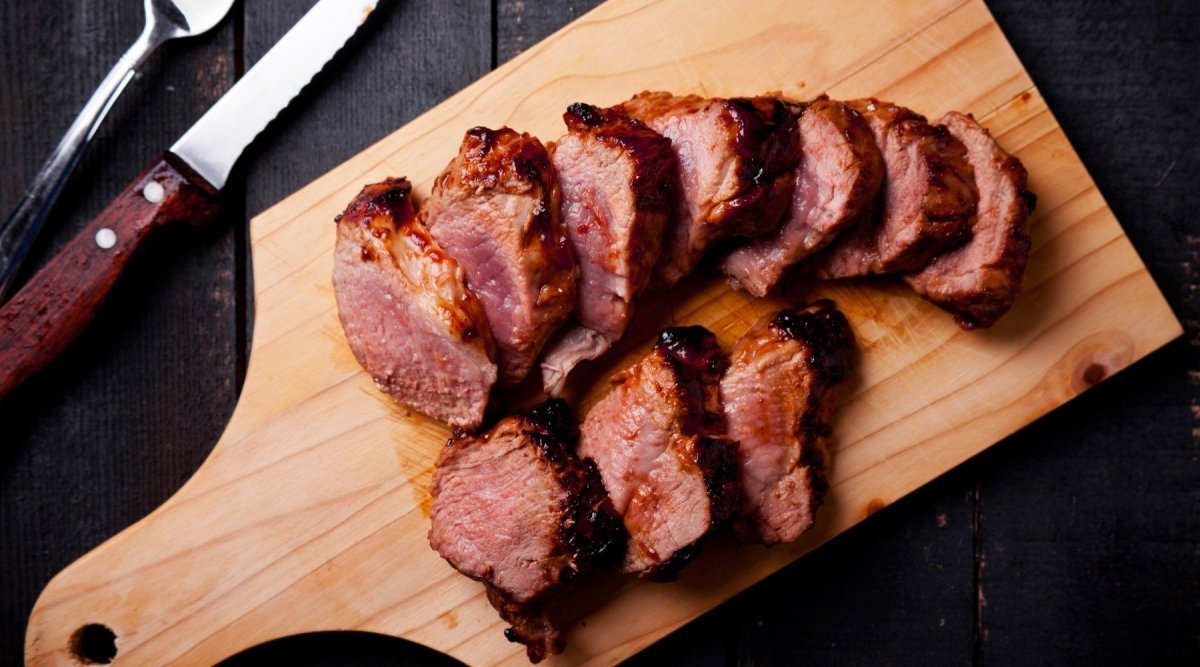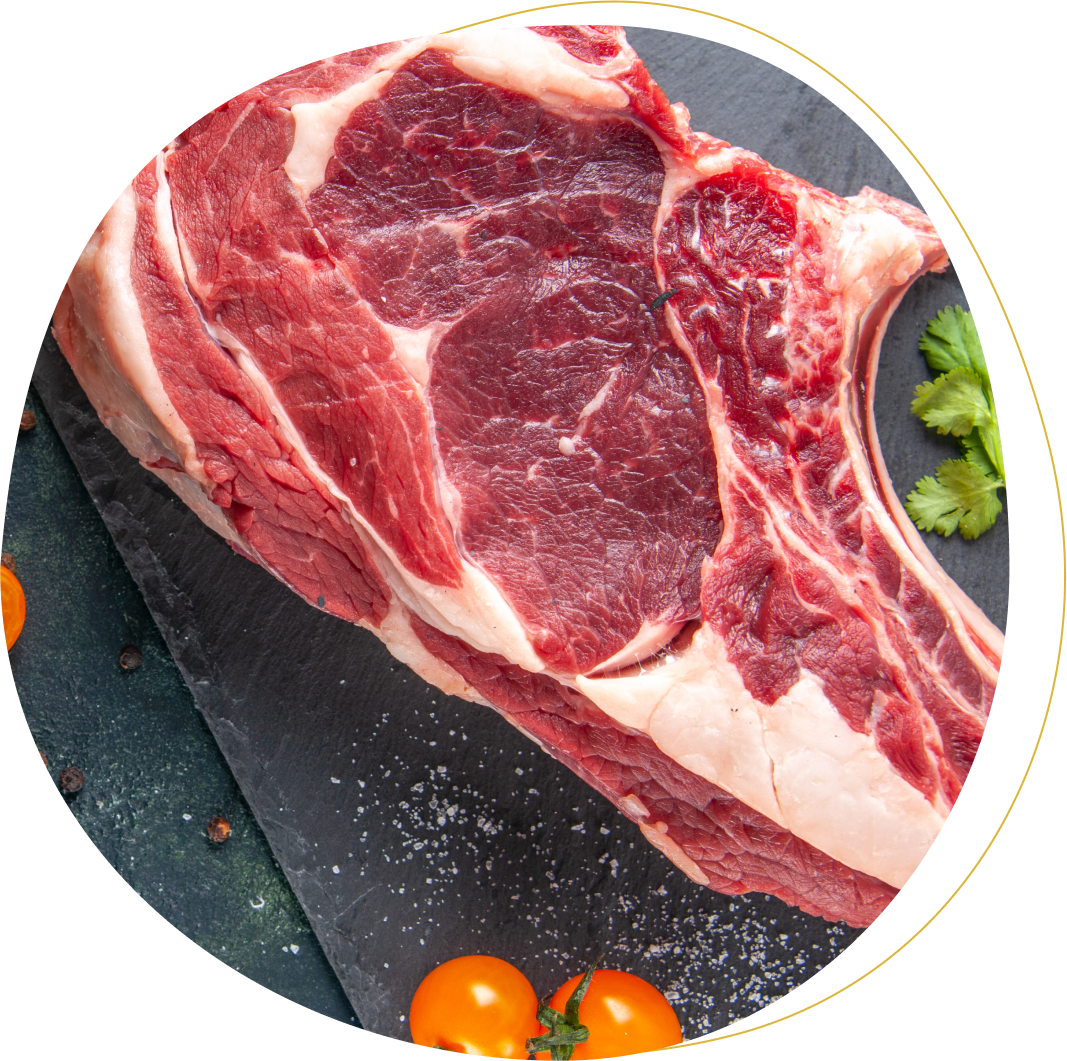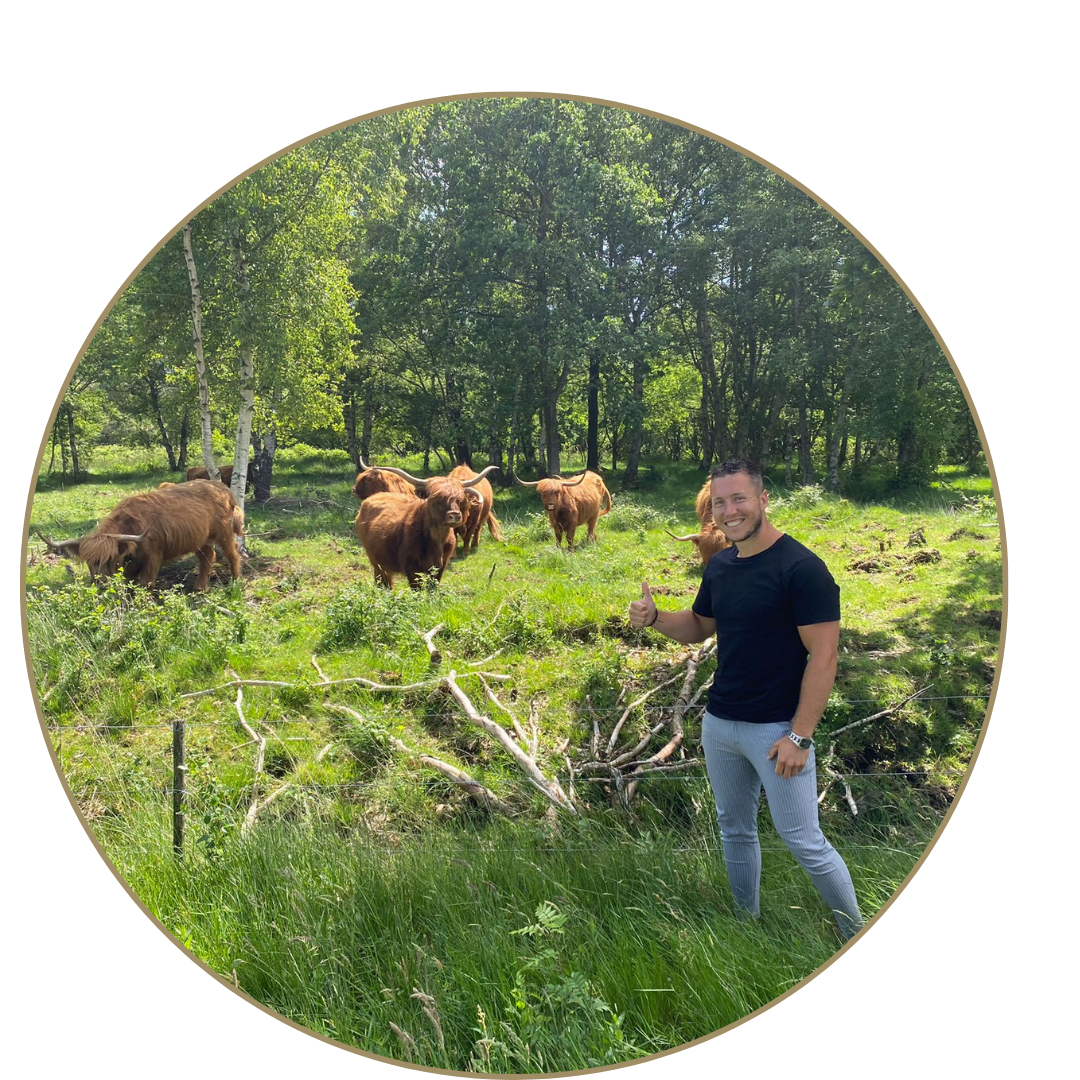What is grass-fed meat?
Grass-fed meat is on the rise. It sounds logical, right? Ruminants like cattle that eat grass. Well, the industry thought differently over the past 50 years.
Grass-fed meat means that the living conditions of the cattle must meet certain requirements:
At least 95% of the food consists of grass.
Supplementary feeding is allowed up to 5%, but not with grain and soy products such as soy, wheat, barley, corn.
Cattle live in social herds and in the barn live on straw.
Calves suckle from the mother cow for at least five months for proper growth and social bonding.
Is grass-fed meat more expensive than standard meat?
That varies greatly by supplier and type. Generally, grain-fed meat is somewhat cheaper. But that also depends on the type of cattle. For example, grain-fed black angus is a type of cattle that is relatively more expensive than grass-fed meat.
But the average price for a kilo of grain-fed ground beef is around 10-13 euros. For a kilo of grass-fed ground beef, it is around 13-16 euros.
Relatively speaking, this seems like a clear difference. But absolutely, this difference is less than 0.50 euros per meal.
Does grass-fed meat contain more nutrients?
Grass-fed meat and fat-soluble vitamins
Grass-fed cattle have a better nutrient composition in their tissue due to eating grassy plant species.
By eating grass-rich feed, it contains the essential vitamins A (retinol) and Vitamin K2, which are essential for good resistance and good quality of bones, skin, hair, and nails.
Because the cattle receive more sunlight, as they spend more time in the pasture, their vitamin D levels are higher than those of cattle that receive little sunlight.
The triad of vitamins A, D, and K2 is particularly powerful and essential for the absorption of minerals in the body. Without this triad, proper mineral management in the body is not possible, which can result in a wide range of complaints, such as a weakened immune system, poor bone quality, dental problems, skin issues, and more.
Grass-fed meat and antioxidants
In addition, there has been research into the antioxidant values in grass-fed and grain-fed meat.
Grass-fed meat contains higher levels of vitamins A, C, and E. Some nuance is needed here, as the absolute amounts of vitamin C are small, but still, meat does contain vitamin C. (1)
Grass-fed meat and Omega 6/3 balance
Ideally, with our diet, we want to reach around 2/4:1, so there is a good balance between the functions of these fatty acids. Unfortunately, the average is currently 15/20:1. In other words, we consume far too many omega-6 fatty acids in relation to omega-3.
The positive thing about grass-fed meat is that the ratio is up to 4 times lower (2:1) than grain-fed meat (8:1). (2)
Is grass-fed meat ethically better than grain-fed or conventional meat?
The industry has drastically influenced the system over the past 50 years, and in my opinion, it has not improved for the animals. The animals have mostly been given adapted feed, which is cheaper and causes the animals to grow faster for slaughter.
In my opinion, this question is at least as relevant as the questions above. Cattle have lived in the wild for thousands of years, where eating types of grass was and always has been their food source. Ruminants have multiple stomachs for a specific reason. They can eat and digest types of grass, which we humans cannot. A cow is made for this grass-rich food, we are not.
What I find wonderful is that the cow digests and stores all these nutrients in the tissue, which we can ultimately consume respectfully.
All in all, I think eating beef is important to consume enough essential amino acids, minerals like phosphorus, iron, and zinc, and B vitamins. The added value of grass-fed in terms of nutritional value and ethically is clearly, in my opinion, worth the money, aside from the environmental issue, but we will return to that in a next blog.
Where can I buy grass-fed meat?
Are you convinced and looking for delicious grass-fed meat? Then definitely check out the webshops of Zorg&Natuur and Vechtdalhooglanders for pure and honest grass-fed meat from, for example, the tasty Scottish Highlanders or Black Angus cattle.
